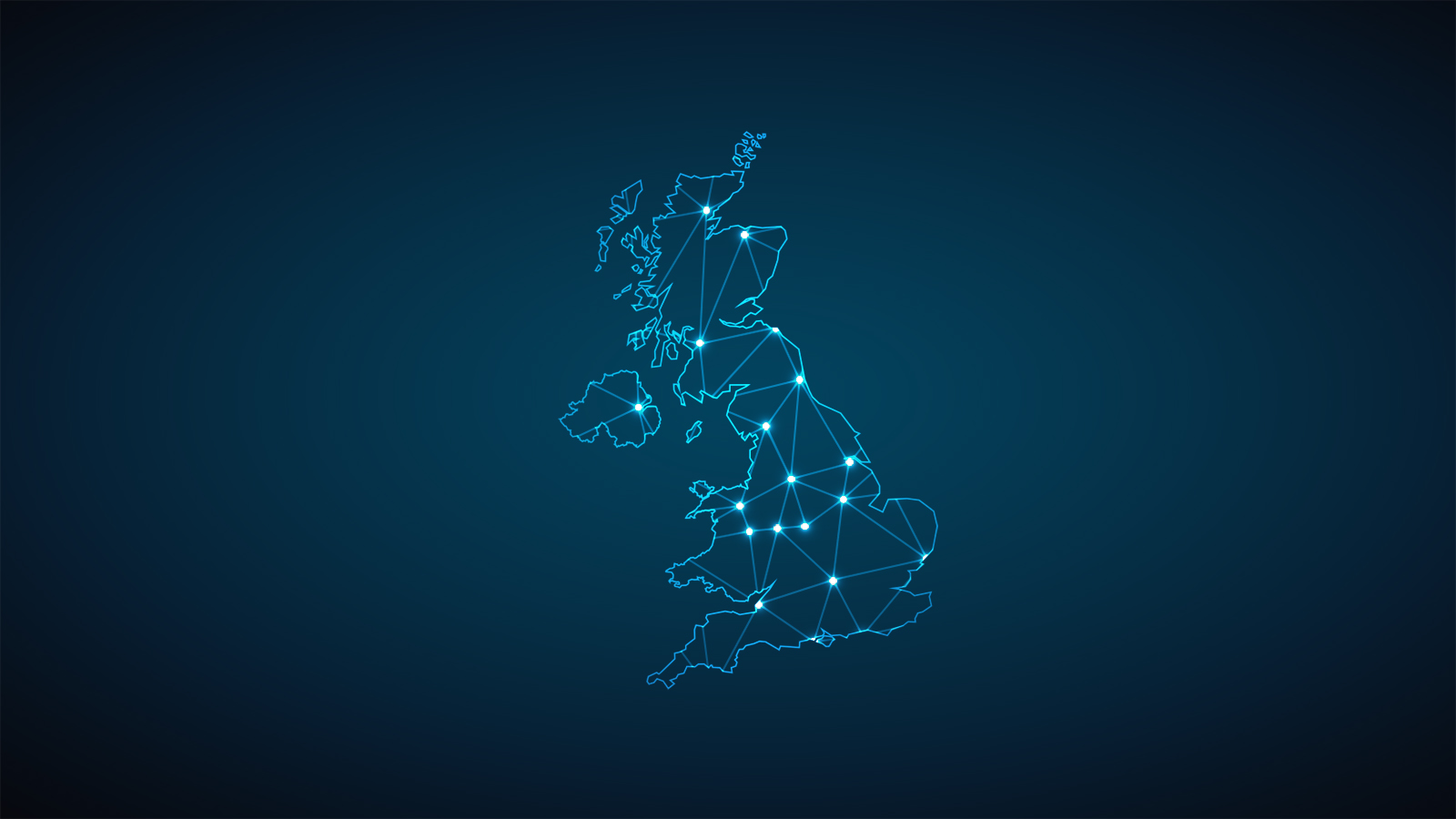Connectivity in the post-copper age.
In 2019, the government announced its 10 Year Digital Strategy[1] to ensure the UK remained at the forefront of technology, innovation and the digital economy — with establishing the UK’s full fibre communications infrastructure fundamental to achieving this.
Accordingly, in September of this year, Openreach[2] issued a stop-sell on its legacy copper network, signifying a crucial step on the way to meeting the government’s target of delivering gigabit broadband to 85% of residential homes by 2025. This move is part of its broader strategy to phase out the older, less efficient copper infrastructure and replace it with a faster and more dependable full fibre network.
The rollout of full fibre in the UK has notably expanded the availability of Fibre to the Premises (FTTP) to both homes and small businesses. This is a substantial upgrade over the older, slower broadband connections, providing users with faster, more reliable internet — essential for today’s digital lifestyle and remote working requirements. Moreover, the widespread deployment of full fibre combined with increasing competition among service providers has, in turn, contributed to a reduction in Ethernet prices.
Understanding the options
The decision between FTTP and Ethernet ultimately hinges on the specific requirements of a business: its size, data demands, budget constraints and future growth plans. This choice is crucial at a time when digital connectivity is central to operational efficiency and competitive advantage. Here we consider some of the key differences…
Speed — Although FTTP boasts top speeds of up to one Gb, the real-world speeds are often much less. Being primarily targeted at residential homes, FTTP is a contended service, meaning that as more customers sign up and usage rises, network congestion increases, degrading user experience. In contrast, Business Ethernet is a dedicated and uncontended service. This means the bandwidth you subscribe to is exactly what you receive, ensuring consistent performance regardless of any other business or consumer demands.
Performance — Business Ethernet offers low latency, symmetrical bandwidth, providing high performance both upstream and downstream. This balance is increasingly important in the era of widespread cloud usage, where the rapid and consistent transfer of data to and from the cloud is essential. In contrast, FTTP often presents a notable disparity, providing relatively high downstream speeds but much lower upstream speeds and latency.
Availability and reliability — A dependable internet connection is crucial for business operations, with any loss or degradation in service potentially leading to significant disruptions and financial implications. Ethernet services feature SLAs with rapid fix times, usually within a few hours, whereas FTTP has much longer fix times, extending to several days. With an ever-increasing reliance on cloud services, even a minor interruption could have a significant impact on your business.
User experience — With many business leaders looking to encourage employees back into the office, providing them with a great experience on-site is essential. Designed specifically for business, Ethernet’s dedicated connection ensures a consistent performance to enable maximum productivity. By contrast, as a primarily consumer product, the user experience on FTTP will often be less consistent, with the potential for network congestion, performance disparities and weaker SLAs.
Focusing on the future
Because of FTTP’s lower price point, it might seem like an appealing choice and will certainly have some valid use cases. However, the long-term benefits of Ethernet: improved productivity, reduced downtime, and consistent user experience, make it a cost-effective and future-proof alternative. As we move towards an age where digital connectivity drives business efficiency and innovation, Ethernet is more than a ‘nice to have’ — it’s an absolute necessity for businesses to stay competitive and achieve operational excellence in our digitally interconnected landscape.
At Bistech, we tailor connectivity solutions to your business requirements, delivering consistent, reliable and secure access to your business-critical applications. To discuss your connectivity needs, call our expert team today on 03330 11 22 55.
[1] UK Digital Strategy DCMS | gov.uk
[2] Openreach puts the stopper on copper | Openreach


